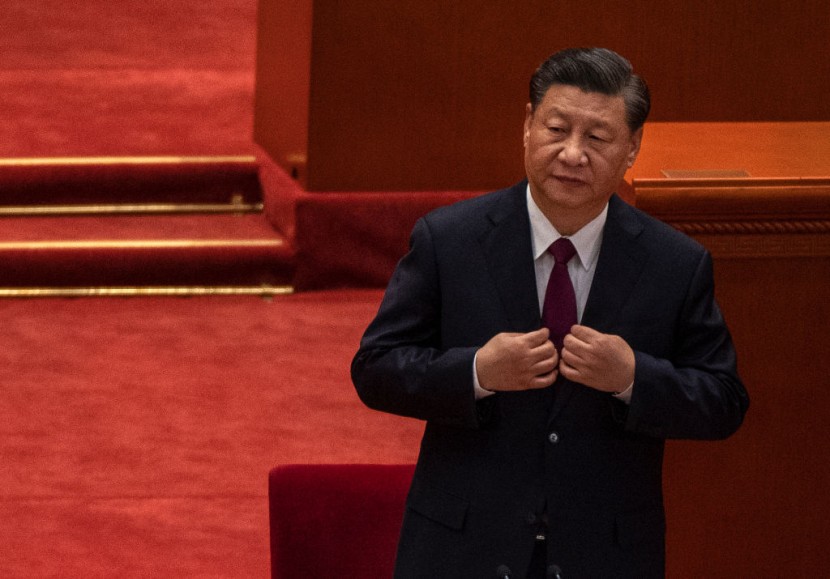
Chinese President Xi Jinping made a rare visit to Xinjiang after imposing a crackdown in the region which comes as Beijing is facing scrutiny for the alleged genocide of the Uyghur minority in the region.
The official's trip amounted to a proclamation of success in his years-long effort to quell ethnic resistance in the country despite international condemnation. The Chinese president's four-day visit to Xinjiang, which ended Friday, focused on projecting that the region had become united and stable under his leadership.
Xi's Visit to Xinjiang
Xi's last visit to the region was in 2014, where he imposed drastic policies, including widespread arrests, surveillance, indoctrination, and labor transfers, to press Uyghuys and other largely Muslim ethnic groups, to identify as members of one Chinese nation loyal to the Communist Party.
"Every ethnic group in Xinjiang is an inseparable member of the great family of Chinese nationhood," Xi said while visiting the heavily Uyghur neighborhood of Urumqi, which is also the regional capital of Xinjiang.
Xi's published remarks did not mention eradicating "extremism" and "separatism," which officials have long cited as the rationale for the party's severe policies in the region. The Chinese president added that "we must particularly treasure the excellent conditions of stability and unity" in the region, as per the Boston Globe.
The president's remarks come as internationally, the United States has banned cotton imports from Xinjiang over concerns about the use of forced labor. However, Chinese authorities have continued to deny any mistreatment of the Uyghur minority in the region.
Read Also : China Threatens Retaliation Against US, UK, and Australia for Boycotting at 2022 Beijing Winter Olympics
A photograph of the visit showed Xi, who was not wearing a mask, surrounded by smiling and clapping residents, many of whom appeared to be Uyghurs wearing ethnic costumes and Muslim prayer caps.
According to Reuters, the Chinese president urged Xinjiang officials to listen to their people so as to win their hearts and keep them united. Xi also stressed that security measures aimed at maintaining social stability should become a regular thing in the region.
Cultural Genocide
Xi was also cited as saying Islamic practices must conform to Chinese sensibilities and that Xinjiang must groom a team of "politically reliable" religious representatives. The region had been the scene of sporadic anti-government and anti-Han Chinese violence before a crackdown that the United Nations said in 2018 had put one million Uyghurs into "massive internment camps" set up for political indoctrination.
Chinese officials initially denied the existence of any camps, but later said that they had set up "vocational training centers" with dormitories where people can "voluntarily" check themselves in to learn about the law, Chinese language, and vocational skills. They added that in 2019, all trainees had "graduated."
Under Xi's administration, Chinese authorities have carried out a sweeping crackdown on the region's Uyghur and Kazakh communities. These were described by critics as cultural genocide of the minorities.
Xi called Xinjiang a "core area and a hub" in China's program of building ports, railways, and power stations connecting it to economies reaching from Central Asia to Eastern Europe. The Chinese president also met with leaders of the Xinjiang Production and Construction Corps, a supra-governmental body that operates its own courts, schools, and health system, the Associated Press reported.
Related Article:








